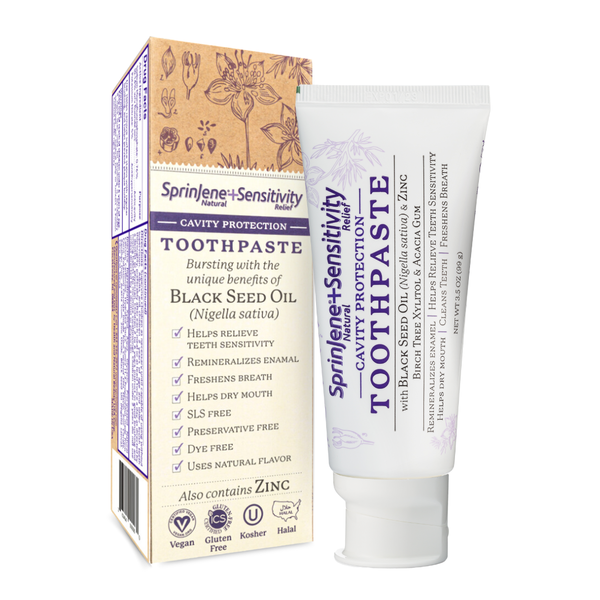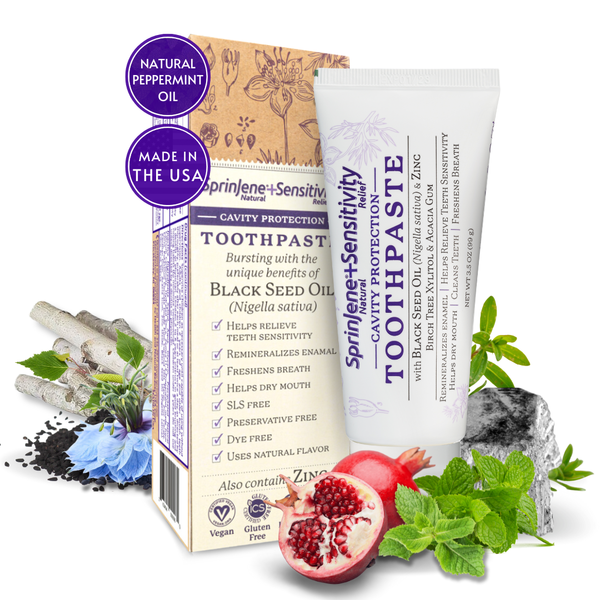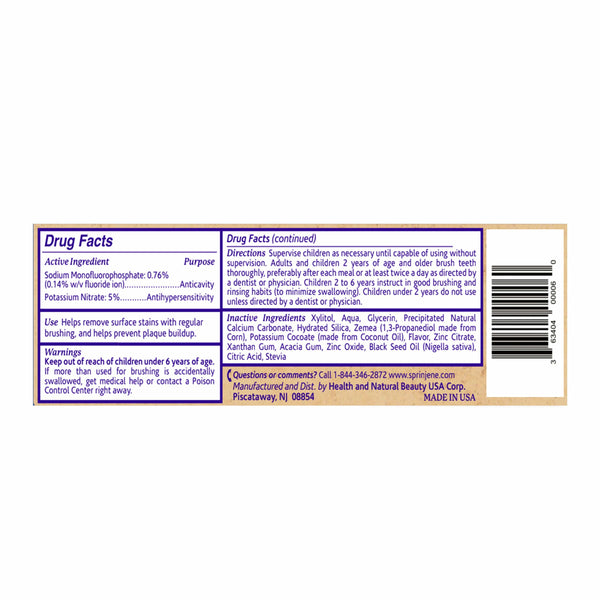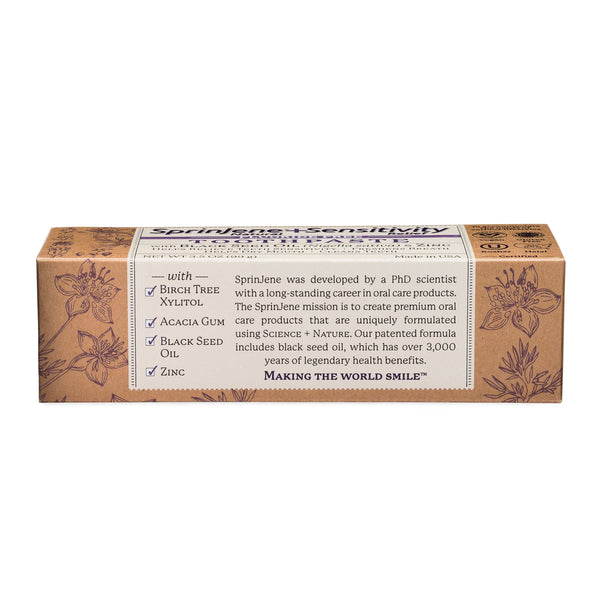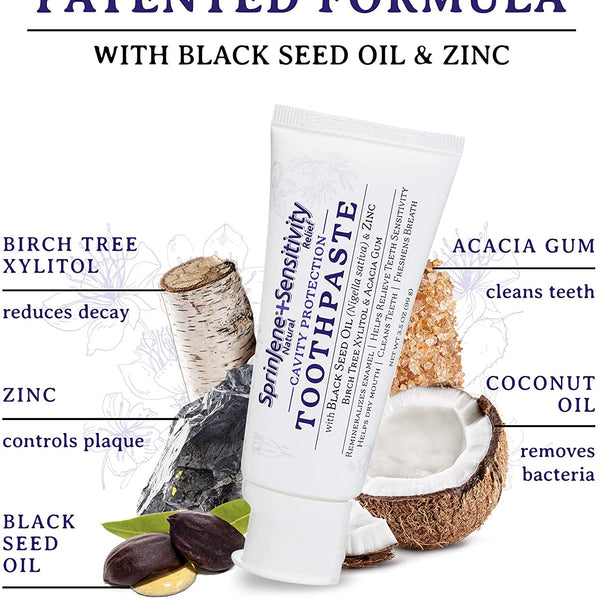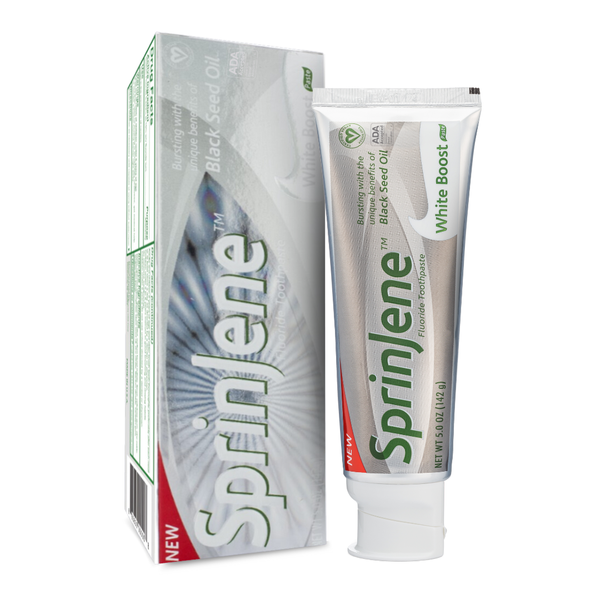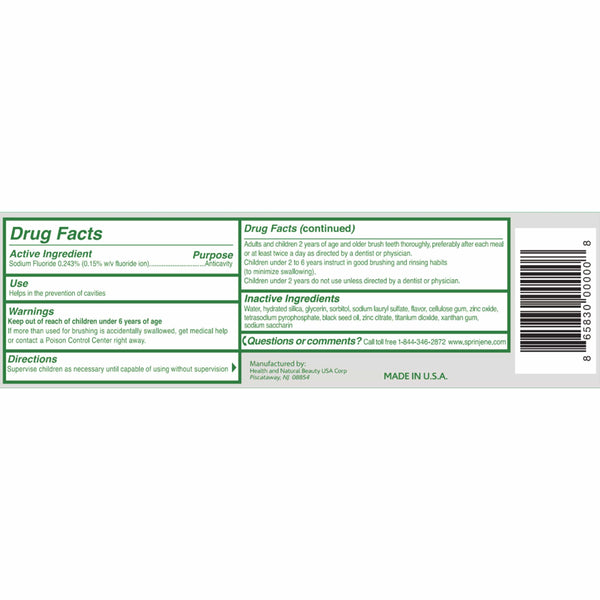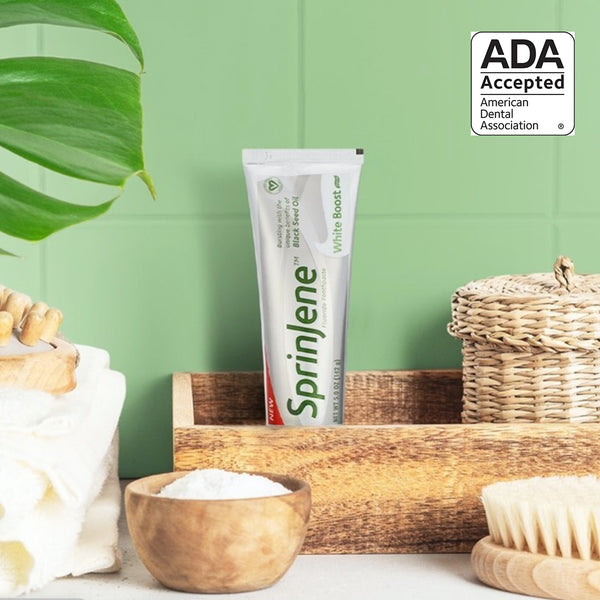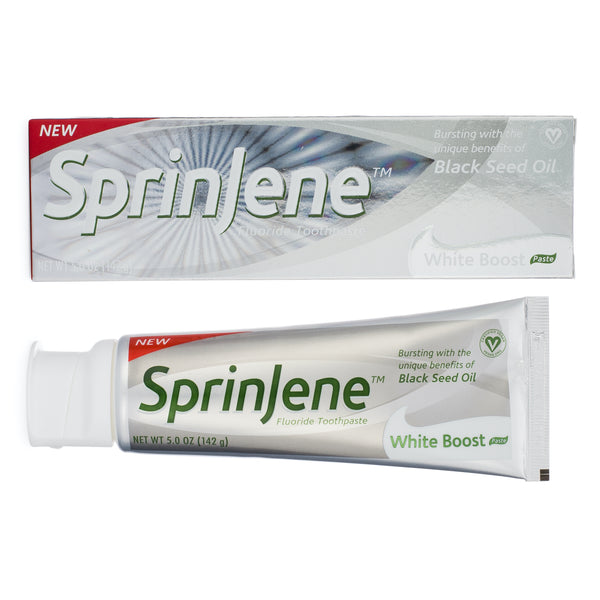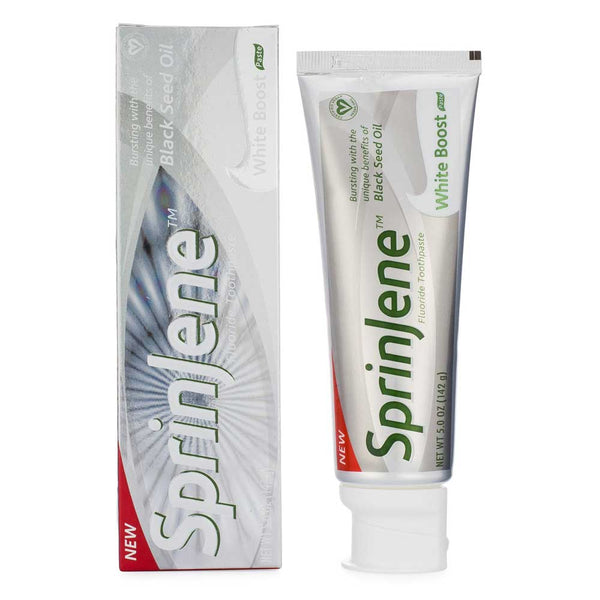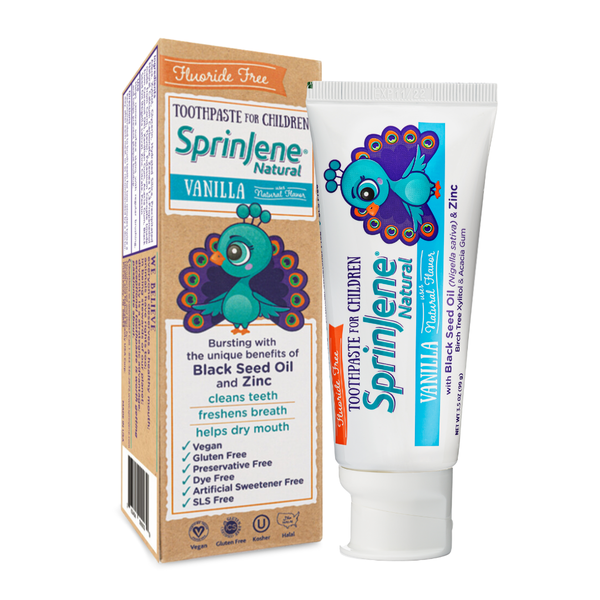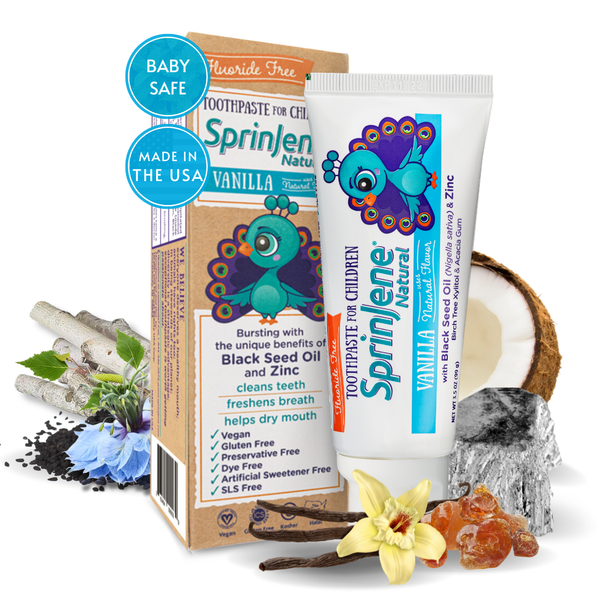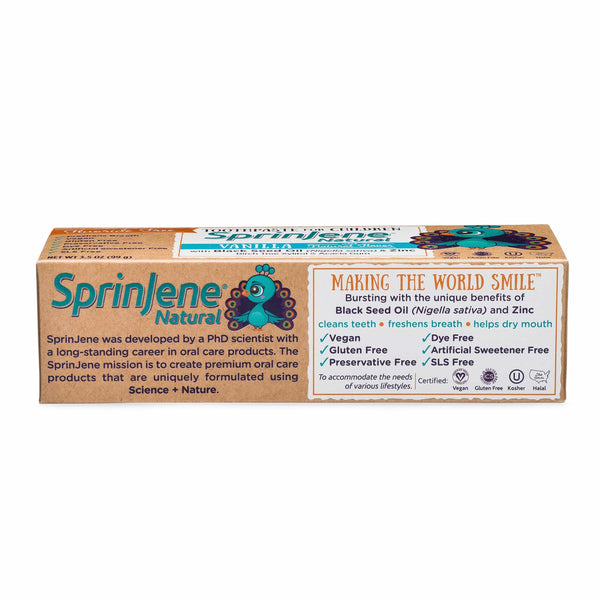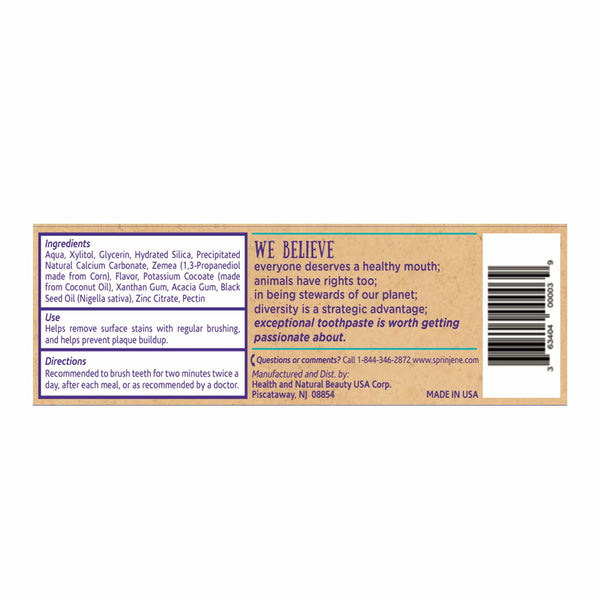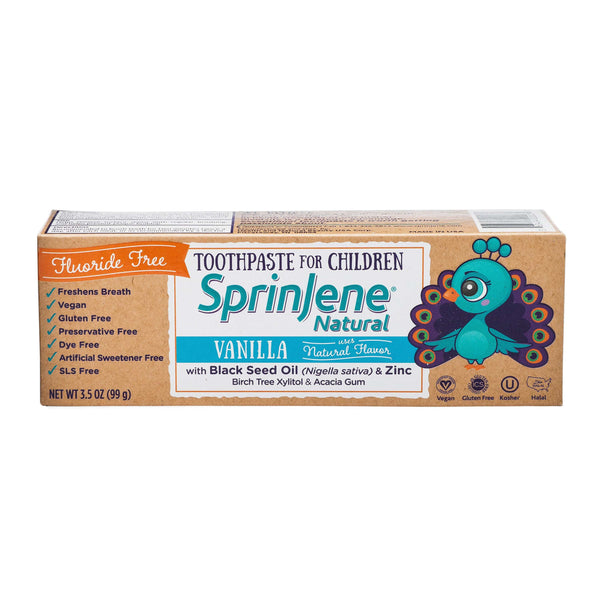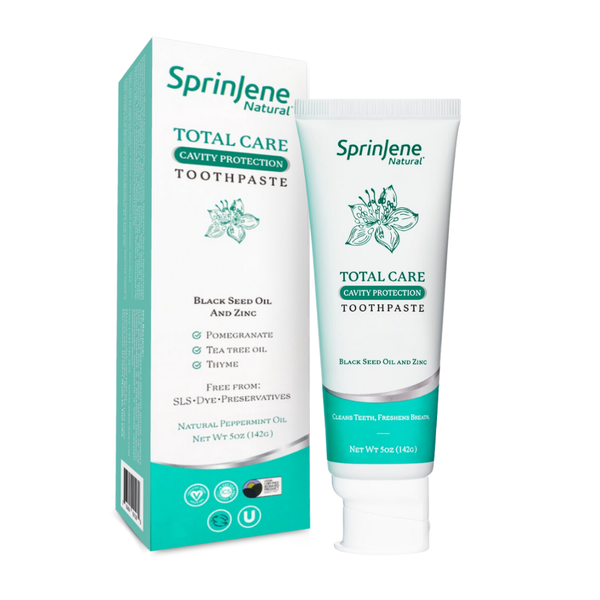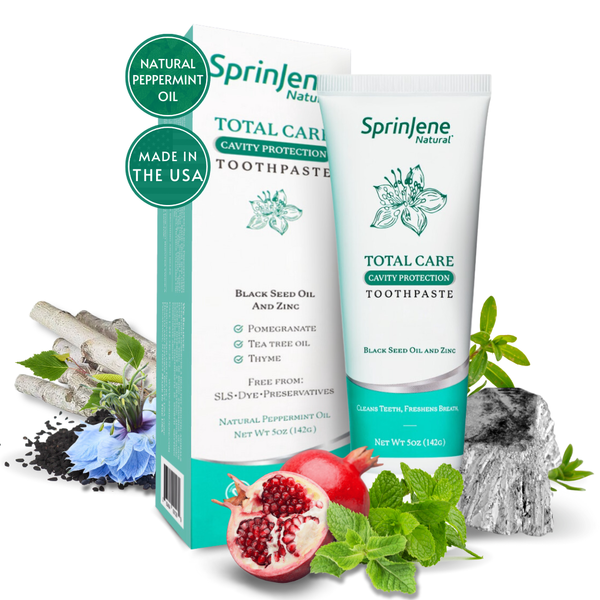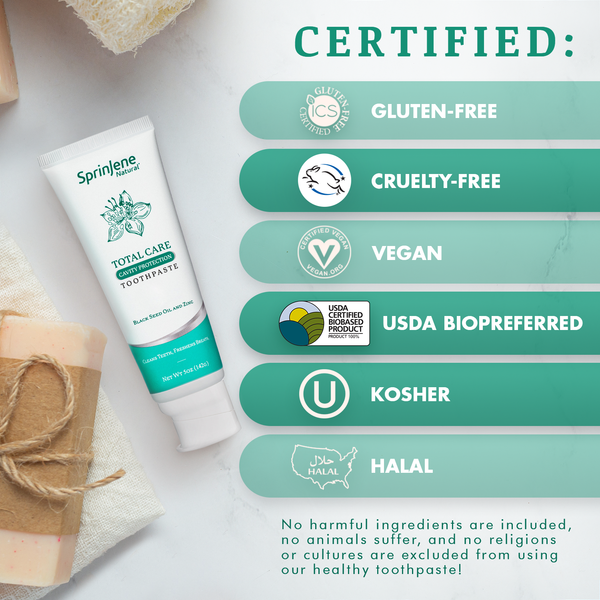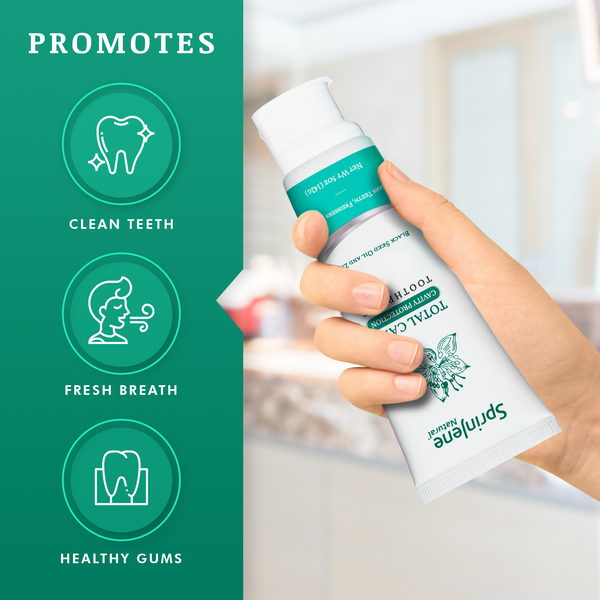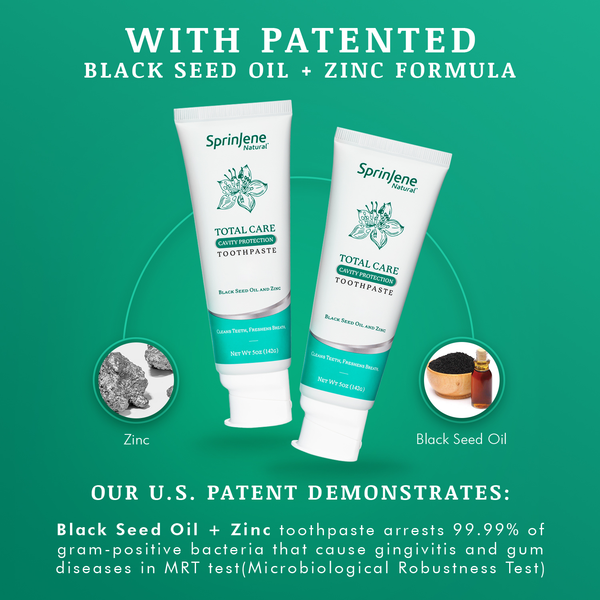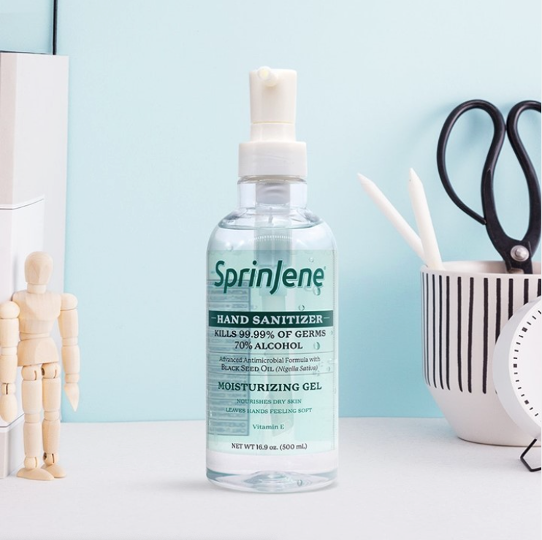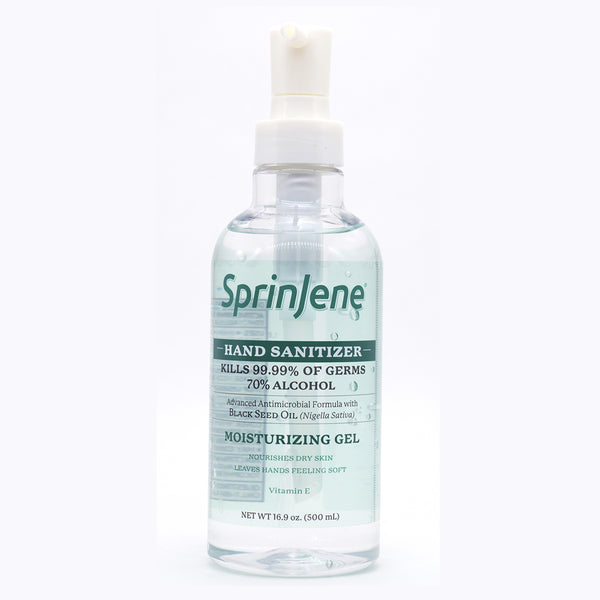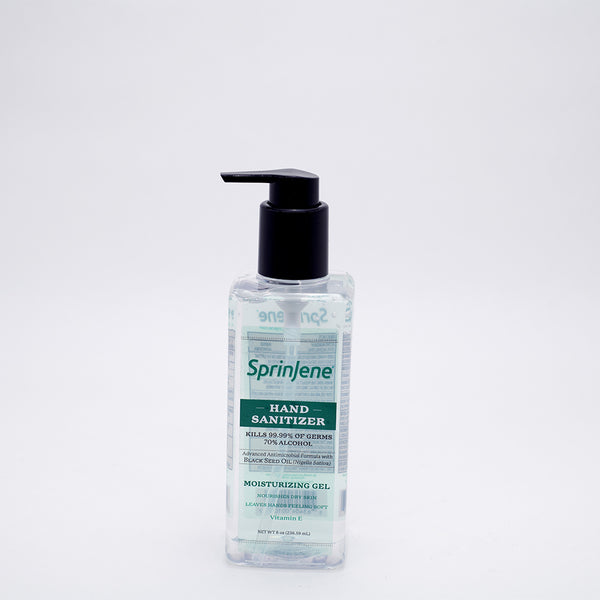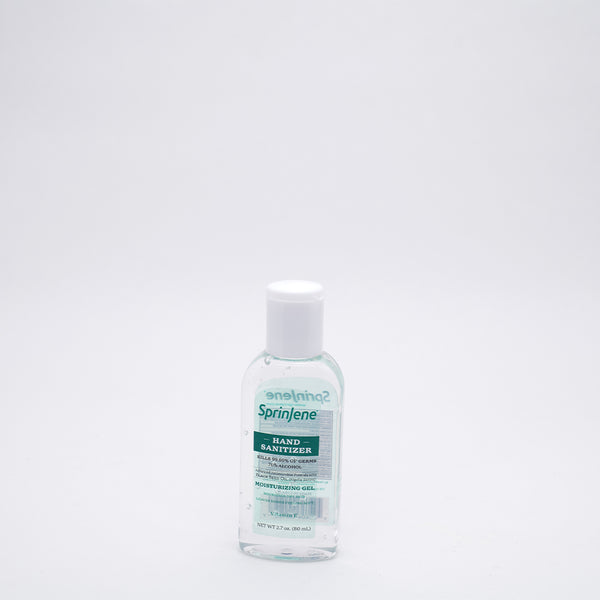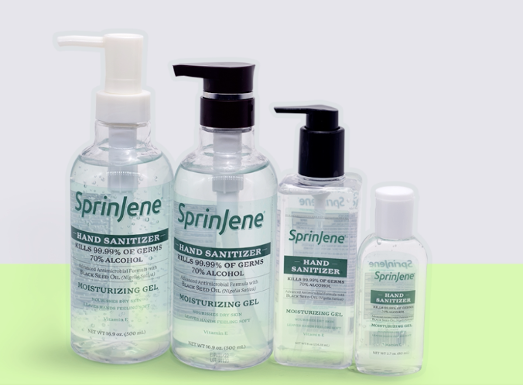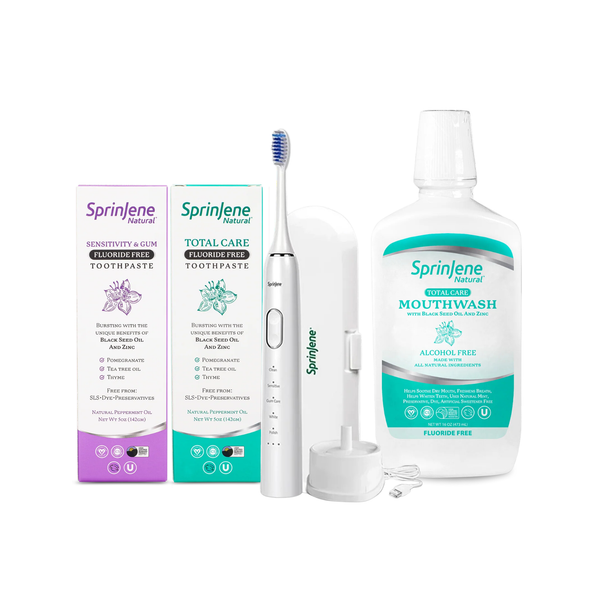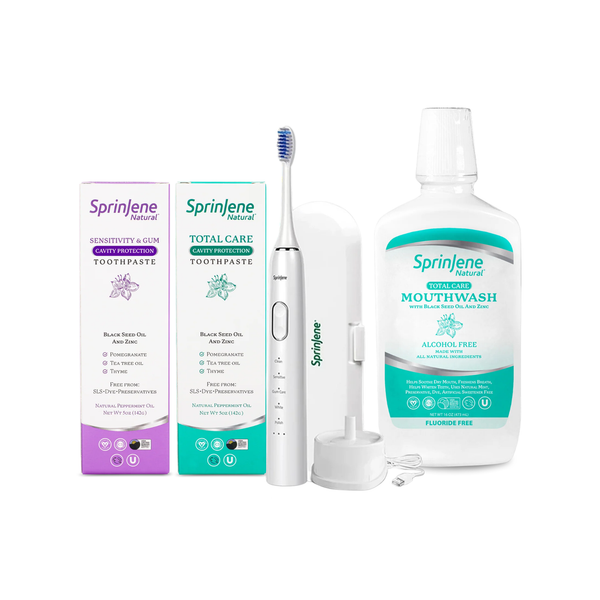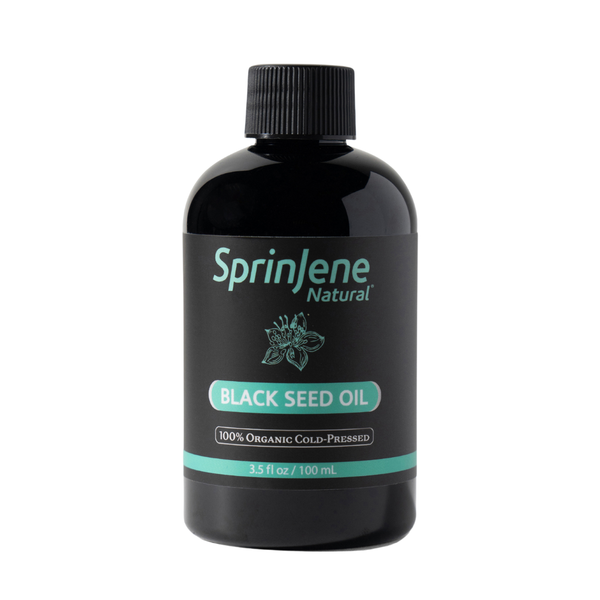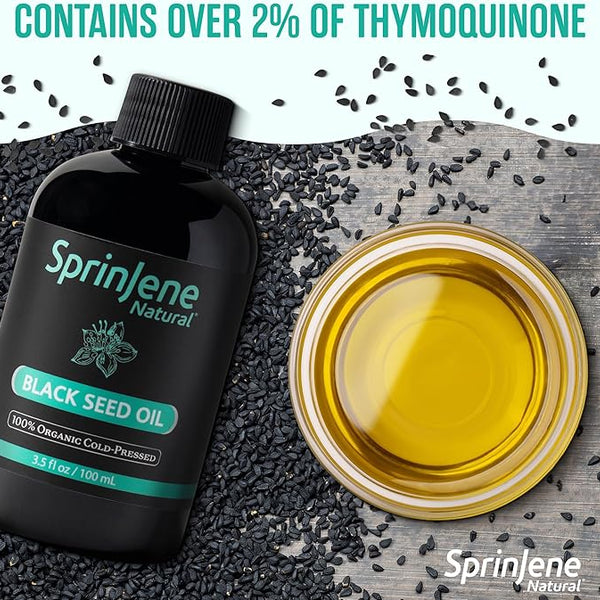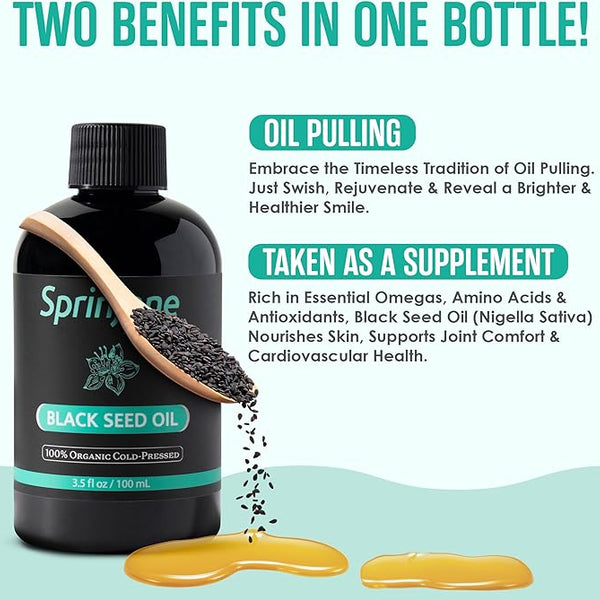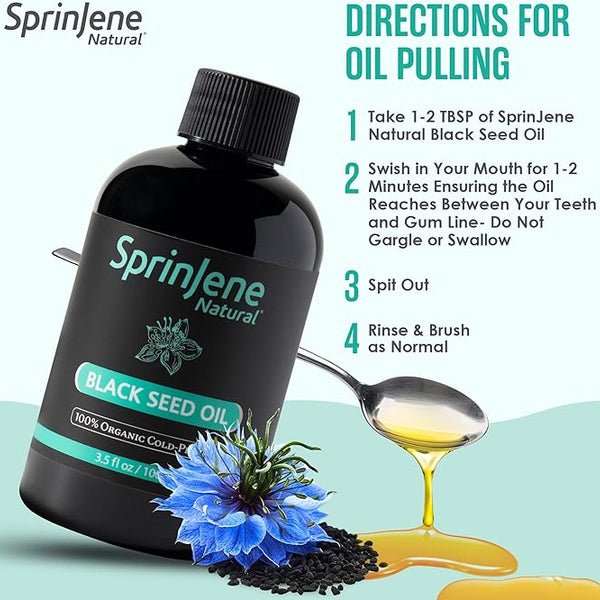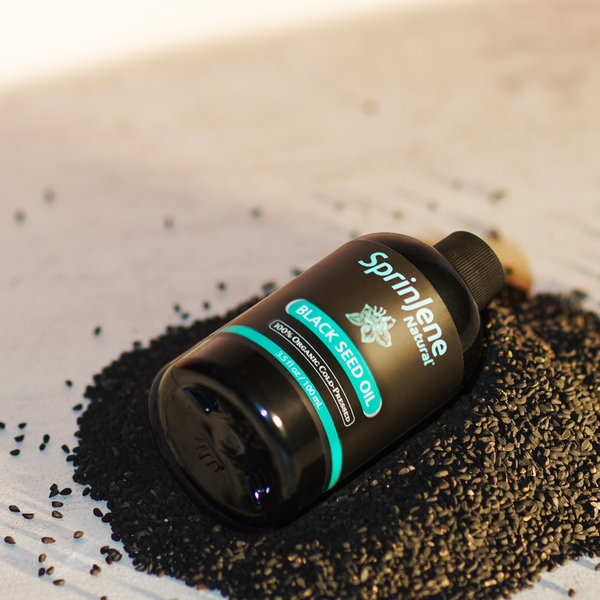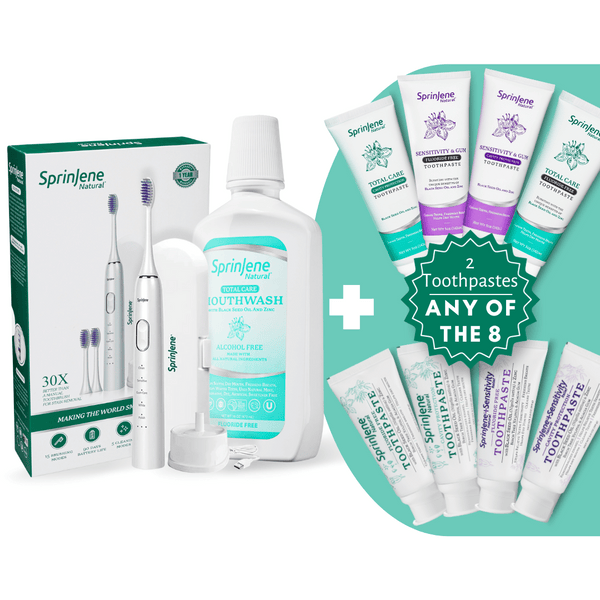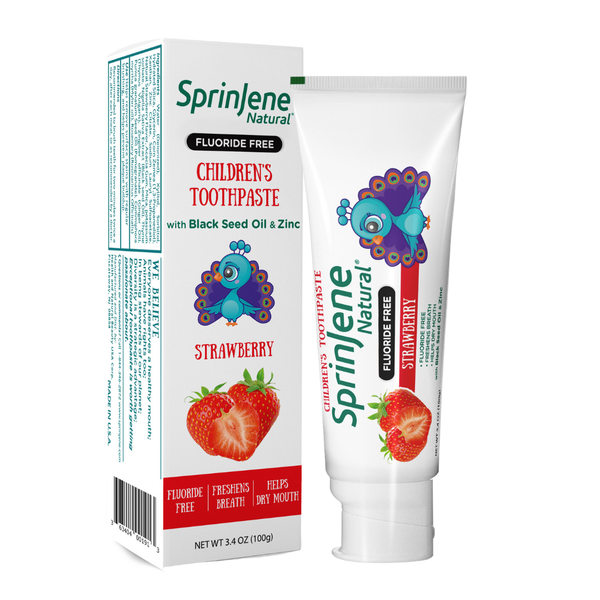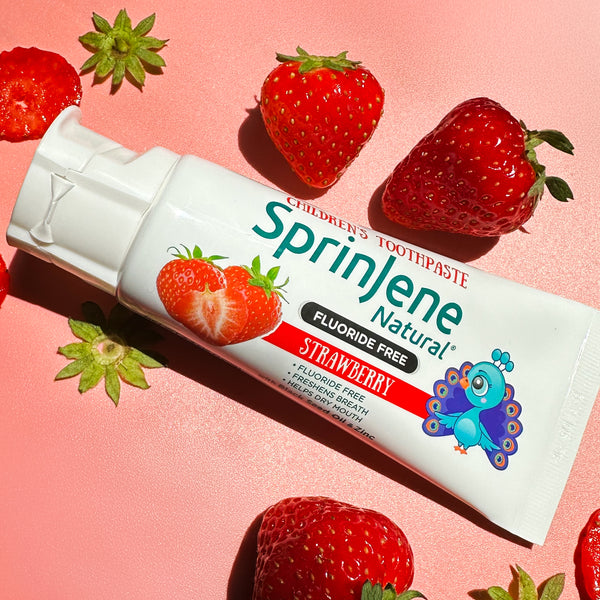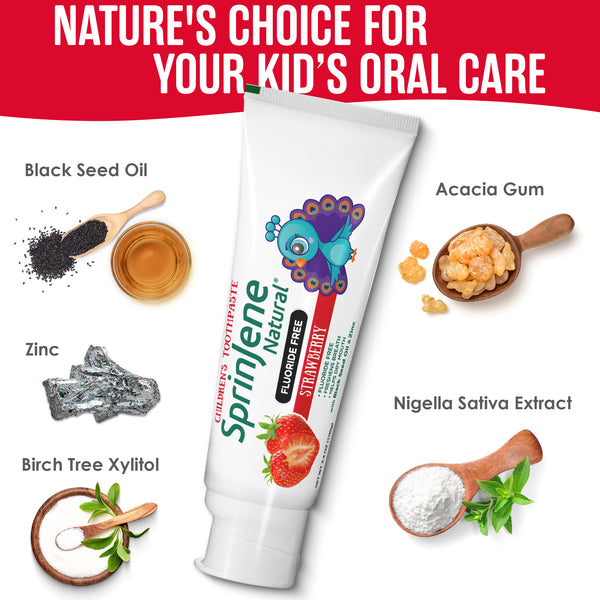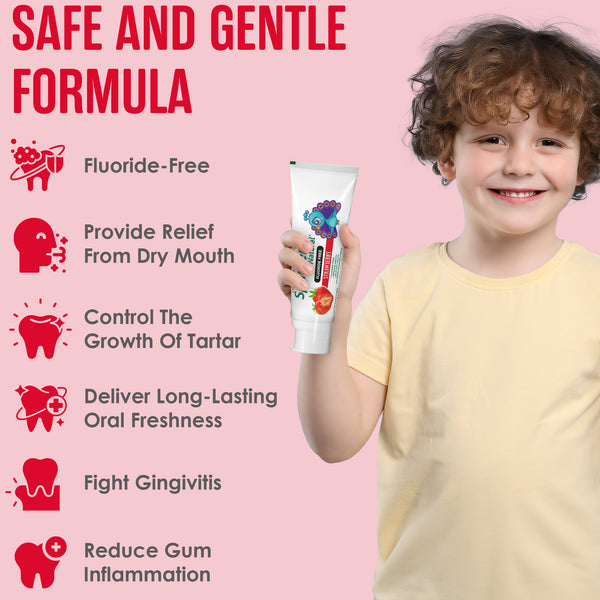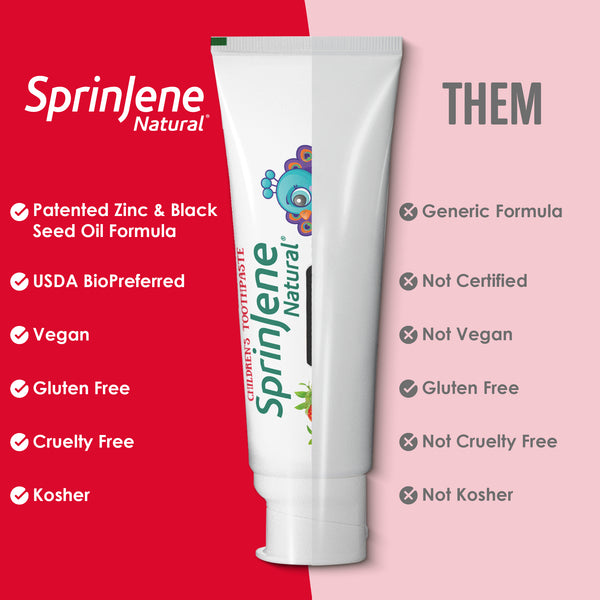
Billions of people around the world start their day with a cup of coffee or tea and continue to consume these beverages throughout the day. Over time, this can cause stains on teeth, which, if neglected, could affect dental health as well as well as negatively affect the aesthetics of the individual.
Color changes in the tooth or tooth discoloration or staining can be caused by intrinsic and extrinsic factors. Intrinsic factors relate to the absorption and scattering of color on the tooth enamel and dentin, whereas extrinsic factors relate to the absorption of various materials, such as tea, coffee, and some mouthwashes, into the enamel surface of the tooth. Coffee contains tannin and chlorogenic acid that can cause tooth discoloration. In addition to those substances, a pH of 4.9–5.2 of a coffee solution can aggravate tooth discoloration. In particular, a pH below 5.5 can demineralize the tooth enamel and facilitate deposition of a chromogenic agent into the enamel surface of the tooth. Despite one of the causes of tooth discoloration, coffee is one of the most widely consumed beverages in the world. In fact, the individual daily average consumption of coffee was reported to be 3–4 cups in the United States, 2–3 cups in Canada, and 1–2 cups in Indonesia. Currently, there are about 90 types of coffee beans worldwide, but two of the currently best-known types of coffee beans in Indonesia are Arabica and Robusta. Arabica coffee in Indonesia has a regional characteristic that signifies different tastes; this is known Knowledge of the factors affecting tooth discoloration is important for professional dentists and patients who are concerned about the aesthetic factor of the teeth. Therefore, research on tooth discoloration has been the subject of studies for many years.
A study was conducted to see the exposure of enamel surfaces to tea and coffee, for 10 days, changed the color of these surfaces. Fifty maxillary and mandibular premolars, extracted for orthodontic purposes, were collected for the study. All teeth had visually intact occlusal, buccal, and lingual enamel surfaces, without any visual discoloration. The teeth were prepared that then randomly assigned to five groups of ten teeth each, which were immersed into two varieties of coffee (Arabica and Robusta) and tea (Organic and Green tea), and the remaining ten teeth were kept aside as the control group to compare the staining produced by different solutions. Each tooth was placed in the corresponding solution for 2 min, four times a day for 10 days. Afterwards the teeth were examined for the results.
The discoloration was more obvious in enamel surfaces that had been subjected to bracket bonding and debonding. Maximum staining was seen with Robusta coffee.
Conclusion
Awareness should be created among patients about the agents that cause staining and their maintenance. Regular checkups should be promoted and further studies should be carried out to evaluate the extent of these stains in bonded and debonded surfaces to avoid the damaging effect of these procedures.
But this does not mean that you have to give up on your love for coffee and like beverages altogether. There are some things that you can do instead to save your teeth from the stains.
Brush your teeth
This practice is the most obvious and basic one. Although it’s impossible to brush your teeth every time you drink coffee, but you could begin and end your day with it. Stains on teeth are basically plaque accumulation, which could be taken care of by brushing your teeth with a whitening toothpaste and visiting the dentist every six months for a checkup. You must also floss regularly because brushing alone cannot remove all the bacteria in the mouth.
Use a straw
When you use a straw, less liquid is likely to touch the teeth. This, in turn, means a lesser chance for it to stain your teeth. While most people use a straw for colder beverages, you can use one for hot ones too.
Sipping on water
Sip on water between cups of coffee or tea to wash away the tannins, before it has a chance of settling on the teeth.
Add milk
Adding milk to coffee makes all the difference. According to a study published in the International Journal of Dental Hygiene, casein the main protein in milk can latch onto tannins and prevent staining.
Chew on a gum
Chewing on a sugar-free gum does the dual task of fighting the coffee breath and cleaning your teeth at the same time. Chewing a gum increases the amount of saliva in your mouth, which, in turn, helps flush out acid and plaque.
SprinJene Natural Whitening Toothpaste
After reviewing the types of tooth staining it is evident that whitening tooth pastes do in fact make a difference to externally stained teeth and are safe to use in moderation. But if to be used regularly it is advised to switch to a natural formulation so as to minimize the risks of any harmful effects over time.
Conventional whitening toothpaste contains abrasives and bleaching agents like silica, pyrophosphates, peroxide or carbamide peroxide. These chemicals remove extrinsic stains, thereby lightening tooth color. These ingredients cause undesirable harmful effects not only on the enamel but also on the soft tissues, resulting in mucosal irritation, ulceration and circum oral dermatitis. For this reason many people started making the shift towards natural and chemical free products.
The whitening ingredient originating from herbal origin present in natural toothpastes is papaya, menthol, meswak, clove, salt and citrus fruit extracts. A natural tooth paste range like SprinJene has the following benefits along with the quality of whitening teeth.
It is completely natural, therefore free of harmful side effects.
Silica: Nature's cleanser. Silica is a natural mineral found in quartz that is gently, yet effectively, cleans hard and soft tissues, thereby removing stains and debris to deliver a whole mouth clean and long-lasting freshness
Zinc: Prevents plaque formation and is anti-cariogenic
Black seed oil extracts: anti-microbial, anti-cariogenic, anti-inflammatory and soothing for the gums
Stevia: anti-cariogenic




